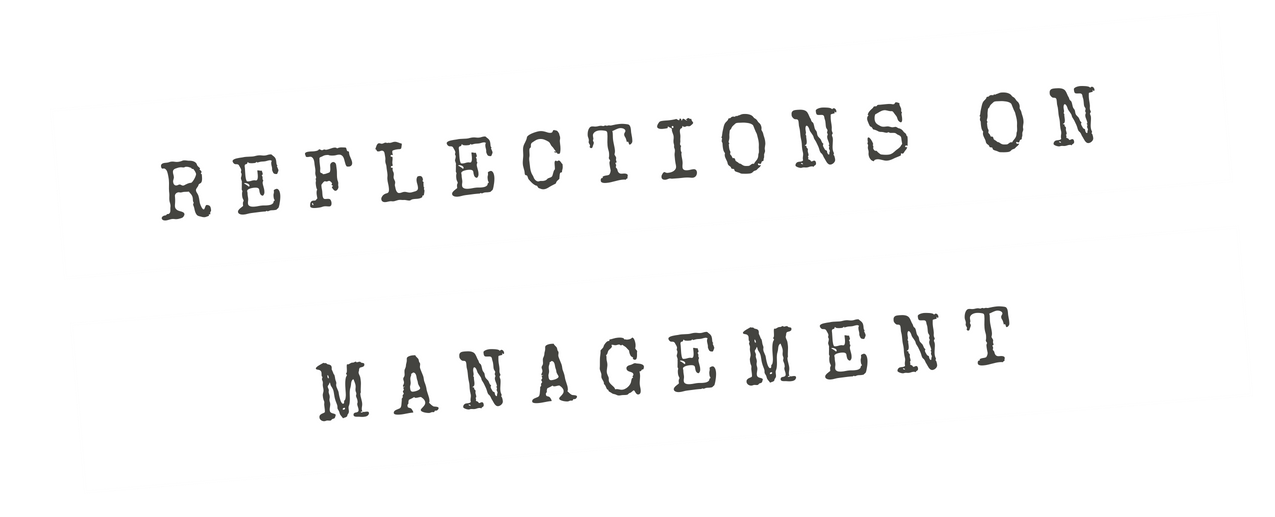
Season 7 will begin April 26th, 2002. This season will be devoted to the topic of knowledge management. Professions are expected to sustain their domains of expertise but it is incredibly difficult to do. What did I learn from a recent project where I reconstructed an organization’s expert knowledge from hundreds of DVDs buried in desk drawers and storage cabinets?
Most Recent Posts
- 7-10. Owning and Appraising Knowledge (Knowledge Management, Conclusion)
 In this episode, I address a couple of critical points that drive what information is retained and what is withheld — Who owns the information and who determines its value? And do our methods of establishing ownership and appraising knowledge make sense?
In this episode, I address a couple of critical points that drive what information is retained and what is withheld — Who owns the information and who determines its value? And do our methods of establishing ownership and appraising knowledge make sense? - 7-9. Process Models and Other Oversimplifications (Knowledge Management, Part 9)
 In this episode, I present the process-based meta-narrative that addresses organizational actions. Going beyond the simple models of flowcharts or sequences of steps, these metanarratives capture the ranges of possible outcomes and the paths to get there.
In this episode, I present the process-based meta-narrative that addresses organizational actions. Going beyond the simple models of flowcharts or sequences of steps, these metanarratives capture the ranges of possible outcomes and the paths to get there. - 7-8. The Drama of Decision Making (Knowledge Management, Part 8)
 In this episode, I present the preference-based meta-narrative that helps explain the way that decision makers deal with complexity — both in terms of developing and selecting alternatives and in terms of the emotions that the decision generates.
In this episode, I present the preference-based meta-narrative that helps explain the way that decision makers deal with complexity — both in terms of developing and selecting alternatives and in terms of the emotions that the decision generates. - 7-7. Sequencing Activity into Streams (Knowledge Management, Part 7)
 In this episode, I present the stream meta-narrative that helps capture sequences of interdependent processes that naturally flow from some sort of inputs to some sort of outputs. These metanarratives help explain complex decision spaces. I’ll also give relevant examples.
In this episode, I present the stream meta-narrative that helps capture sequences of interdependent processes that naturally flow from some sort of inputs to some sort of outputs. These metanarratives help explain complex decision spaces. I’ll also give relevant examples. - 7-6. Stories of the Ordinary Experience (Knowledge Management, Part 6)
 In this episode, I talk about how I streamline the corporate vocabulary in the previous episode and use it to develop a meta-narrative that summarizes the full set of experiences in the organization by levels of deviation from the norm. Sound complicated, but hopefully you’ll find it isn’t.
In this episode, I talk about how I streamline the corporate vocabulary in the previous episode and use it to develop a meta-narrative that summarizes the full set of experiences in the organization by levels of deviation from the norm. Sound complicated, but hopefully you’ll find it isn’t. - 7-5. Navigating the Corporate Vocabulary (Knowledge Management, Part 5)
 Words matter, and sometimes the terms used in an organizational setting differ from common definitions and therefore create confusion. This is doubly difficult for an outside observer who is trying to understand the organization’s behavior. I present an icebreaker exercise in this episode I use to help expose how different people define things.
Words matter, and sometimes the terms used in an organizational setting differ from common definitions and therefore create confusion. This is doubly difficult for an outside observer who is trying to understand the organization’s behavior. I present an icebreaker exercise in this episode I use to help expose how different people define things.
What is this podcast about?
Reflections on Management (ROM) is a seasonal podcast presenting the personal experiences and perspectives of Tom Galvin — a career military officer turned scholar-practitioner in organization theories and management science. Monologues of fifteen to twenty minutes will be released in “seasons” of ten episodes in the spring and fall and six episodes during the summer (at least that’s the going in plan).
ROM Is a “spin-off” series of the Talking About Organizations Podcast. During his second year on the cast, Tom began recording a variety of “sidecasts” for several episodes highlights his reflections on topics related to but outside the scope of those episodes. In 2018, the Podcast offered Tom the opportunity to launch a separate program. And the rest, they say, is history.
Since Season 5, the monologues are divided into seven categories based (loosely) on fields in organization theory and management science — Org. Change, Org. Culture, Leadership, Social Change, Communication, Learning, and Education. Many episodes will fit into more than one category so you can access them from the TOPICS menu above.
I hope you enjoy the series! Please send me feedback through my LinkedIn page. I am very interested to know your reactions and ideas!
Warmest regards,
Tom Galvin
